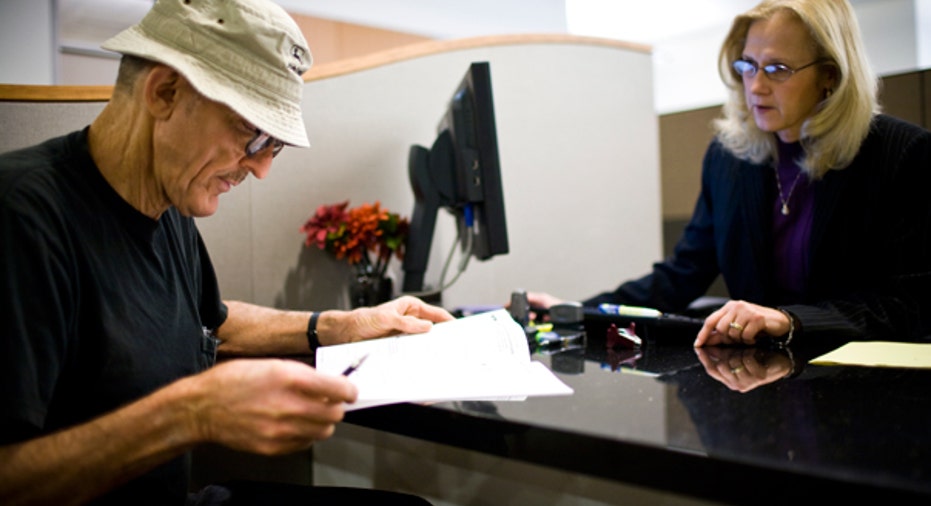What to Expect From a Financial Planner

Now that your taxes are filed and you either have a windfall coming or just wrote a check to Uncle Sam, you may be wondering if you're making the right choices when it comes to your money. A financial planner can help you answer such questions.
A financial planner helps clients create a blueprint for managing their money. They can help you assess every aspect of your financial life, from your savings accounts and investments to your taxes and insurance, and then develop a detailed plan that helps you meet your financial goals.
But before you sit down with a financial planner, there are a few key things you should know.
Can I see some credentials?
Anyone can call themselves a financial planner, so it's important that you hire someone with credentials to show that he or she has received adequate training to advise you. Common credentials for financial planners include Certified Financial Planner (CFP), Certified Public Accountant (CPA), Personal Financial Specialist (PFS) and Chartered Financial Consultant (ChFC).
Laying out the agreement
Reputable planners will explain the services they provide and make clear their and your responsibilities in the agreement. Planners should also spell out how they will be paid. While some planners charge a fee, others work on commission based on the financial products they sell you.
Time to discuss
You should have an open dialogue with your financial planner and share your financial goals and plans. A good planner will listen to what you want and understand what you're trying to accomplish, and in what timeframe.
Analyze this
Financial planners should ask for your financial paperwork, including documents on your assets, debts, bank accounts, insurance and taxes, so they can make an accurate analysis of your current situation. This information should help them come up with a workable financial plan that suits your circumstances.
The recommended path
Financial planners should make recommendations that allow you to safely and effectively realize your financial goals. They should go over their advice with you in detail and answer all of your questions to help you understand exactly what they're advising and why.
How to implement
Once you and your planner decide on a course of action, he or she may offer to help you carry out the plan. Depending on what you've decided, you may then wish to consult with other specialists such as an insurance provider, accountant or stockbroker.
Tracking progress
Many financial planners keep tabs on their client's financial progress. Your planner should make it clear if he or she will be checking on your financial situation. You should also discuss with your planner when you may conduct a follow-up review of you finances.
If you're not sure if a financial planner is right for you, meet with one and see what you find out. Many financial planners will provide a complementary session in which they'll discuss with you your financial goals and how they can help you achieve them. It's a good idea to meet with two or three planners before making your final decision on who will advise you.
The original article can be found at SavingsAccounts.com:What to expect from a financial planner



















